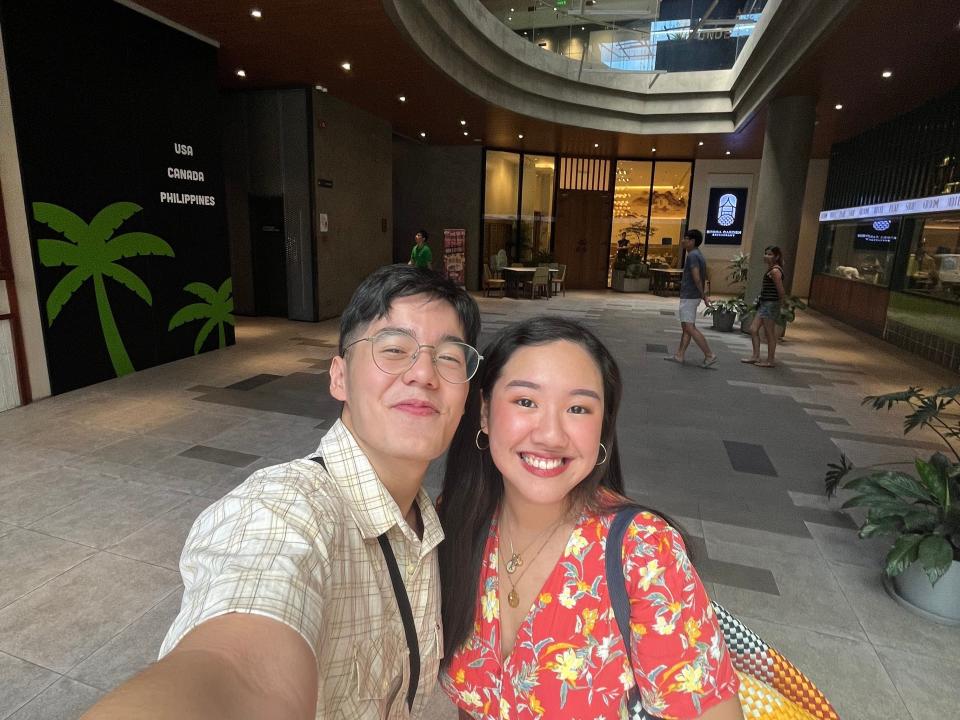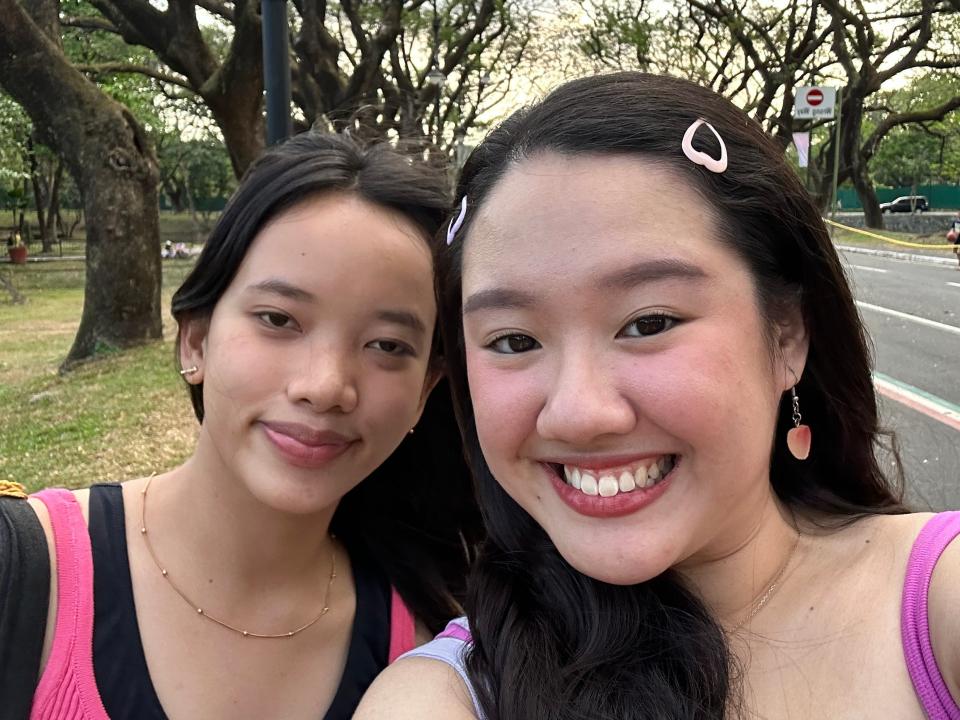I don't have a group of close friends. It's taught me to be more independent.
I have friends, but I don't have one unified close group of friends.
If my friends were to all sit down with each other to chat, I wonder how much they'd have in common.
Sometimes I wish we could all get together, but I like being more intentional with my friendships.
My favorite thing to do when I start watching a new ensemble comedy is to pick out which character I identify with most. While watching "Friends," I realized I'm Monica and Chandler in equal measure, with my attention to detail and choice of humor as a coping mechanism. "New Girl"? I'm a mix of Schmidt and Cece because I'm both headstrong and melodramatic, with a career in marketing. And though this will definitely earn the ire of some "Sex and the City"-loving readers, I do believe that deep down, I am a Carrie.
Despite our glaring similarities, I lack what holds them all together in the world of television: a constant friend group. It's worth noting that I do have friends, people I've handpicked from different social circles at different points of my life, all of whom have yet to intersect.
However, this is antithetical to what sitcoms have been ingraining in generations of viewers: the idea that we must all have ride-or-dies to coast us through early adulthood. These are people we are expected to meet with regularly (ideally at a coffee shop or bar) or message religiously about everything from career moves to our boyfriend of the month.
But not only is it difficult to find and keep these people at this stage of life, it's simply not for everyone.

I have friends from many phases of life, but they don't intersect
With exclusive friend groups often come clashing egos that must be expertly navigated and negotiated to avoid conflict. It's why these dynamics are most prone to groupthink: a psychological phenomenon in which people strive to keep the peace, by setting aside their personal beliefs to blend in with other members. This hive mind mentality could also be behind why a lot of tight-knit circles take on the same opinions as they share the same experiences.
This is something I witnessed myself during my days in an all-girls Catholic high school, where life imitates art imitates life. I got recruited in a clique headed by — you guessed it! — the captain of the cheerleading squad, who required me to ask for everyone's permission before doing anything. When I made it clear that I had no interest in following such arbitrary rules, I was unanimously ousted. No one bothered to be the devil's advocate! Though I harbor no resentment or residual trauma, I think that was the turning point for me.
Today, I have best friends from high school, my K-pop phase, college, clubs, and the weird limbo between student and work life. They know of one another but have yet to meet. If all these friends were asked to sit at the same table for my hypothetical birthday party, they might be hard-pressed to find a topic they can all contribute to. For the longest time, I fell victim to the occasional bout of FOMO during Friendsgiving or summer vacations. But after much denial on my part, I'm now sure I wouldn't have it any other way.

I put more effort into my one-on-one catch-ups
Not having a close friend group requires more effort to maintain the connections I do have: without the obligatory get-togethers holding us accountable, my relationships could slip through the cracks more easily. So I treat every catch-up with the gusto of a first date: I work around their schedules if I have to, generate a list of restaurants at the halfway point between their house and mine, and show up to each brunch with topics ready for discussion. No minute goes to waste! I am confident that when both of us show up at the agreed place and time, it's because we genuinely wanted to.
In one-on-one catch-ups, conversations also have more of a chance to branch out into different territory. As an introvert with limited social battery, I end up tuning out and treating my companions like a podcast episode if more than one topic is open at a time. But when it's just me and a friend, we surpass superficial updates and unlock more depth, even at a crowded cafe on a Saturday morning.
And in the unavoidable instance that no one is free to hang out with me, I've grown comfortable with being by myself. I'm fully aware that my independence is my choice and the strength of my friendships does not rely on our proximity or the frequency of our meetings. It's something that even Carrie Bradshaw comes to terms with, as someone with the most enviable girl gang. In Season 2, Episode 4 of "Sex and the City," she decides to sit down and take her fear of being alone to lunch: no books, no man, no friends, no armor, no faking. And isn't that something we should all be comfortable doing, at least once in a while?
Read the original article on Business Insider

